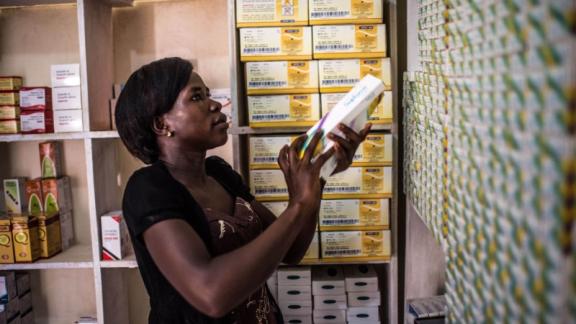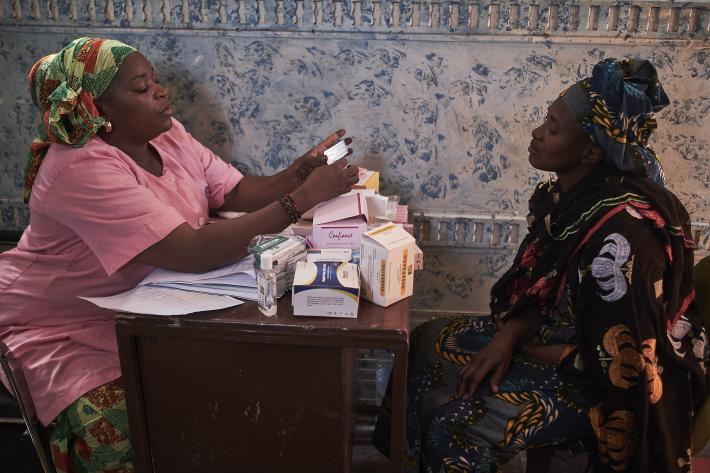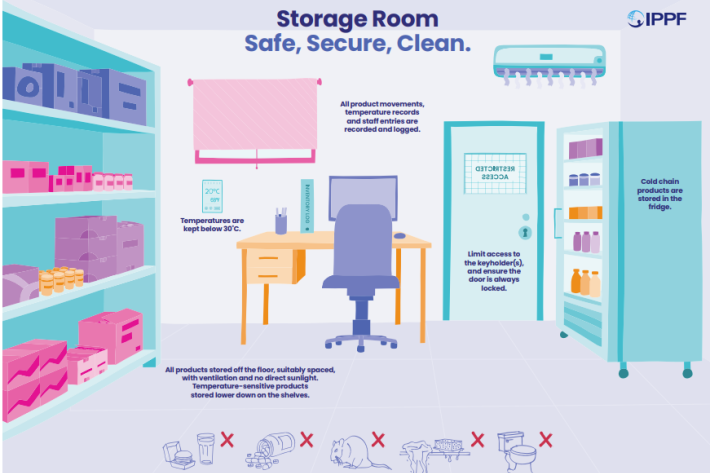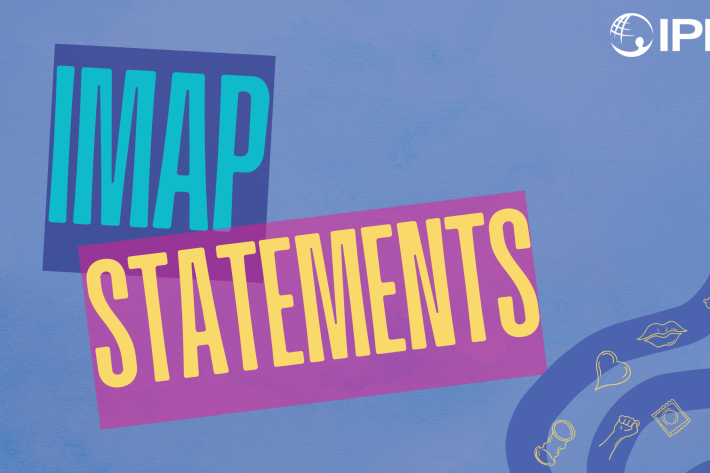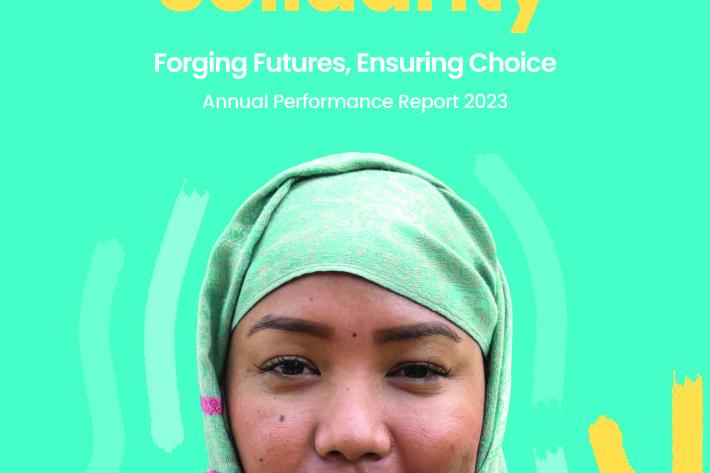Spotlight
A selection of resources from across the Federation
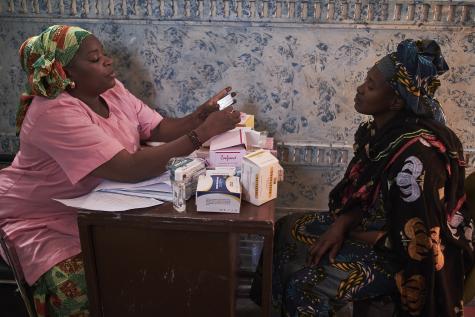
IMAP Statement on advances in emergency contraception
The purpose of this statement is to review newly published data on increasing the effectiveness of levonorgestrel emergency contraceptive pills by using pre‑coital administration or combined with a non‑steroidal anti‑inflammatory drug; the potential use of LNG‑ECP as a regular contraceptive method for infrequent sex; ulipristal acetate which is an established EC method and is now being studied combined with misoprostol for termination of early pregnancy; and the underutilization of low dose mifepristone as an EC method.
Filter our resources by:

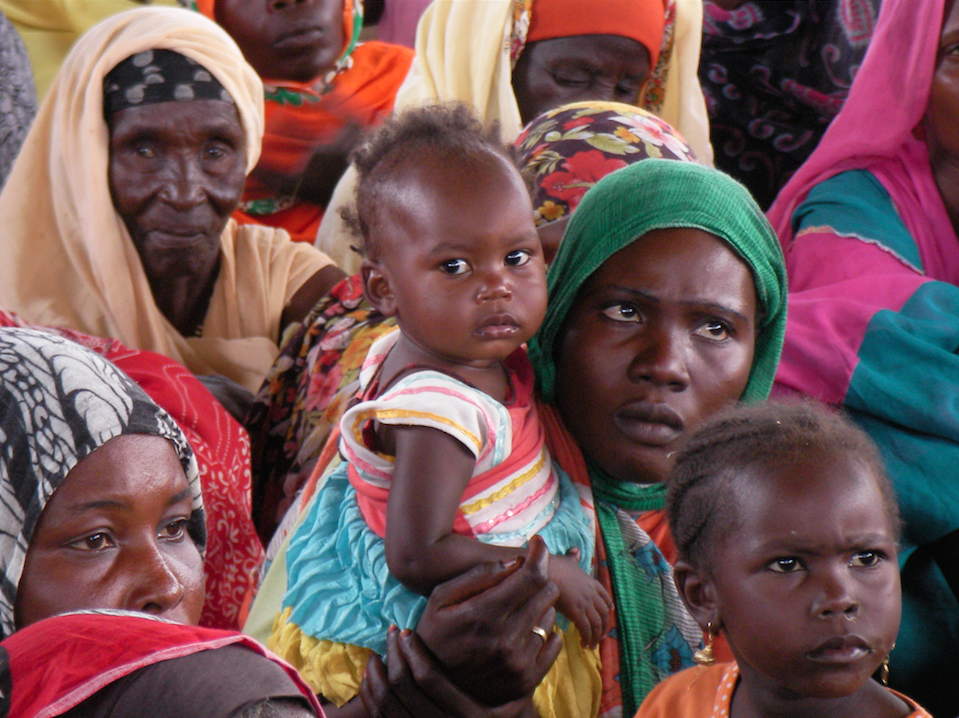
| 22 November 2016
Resilience and survival in the camps of Nyala
Read more
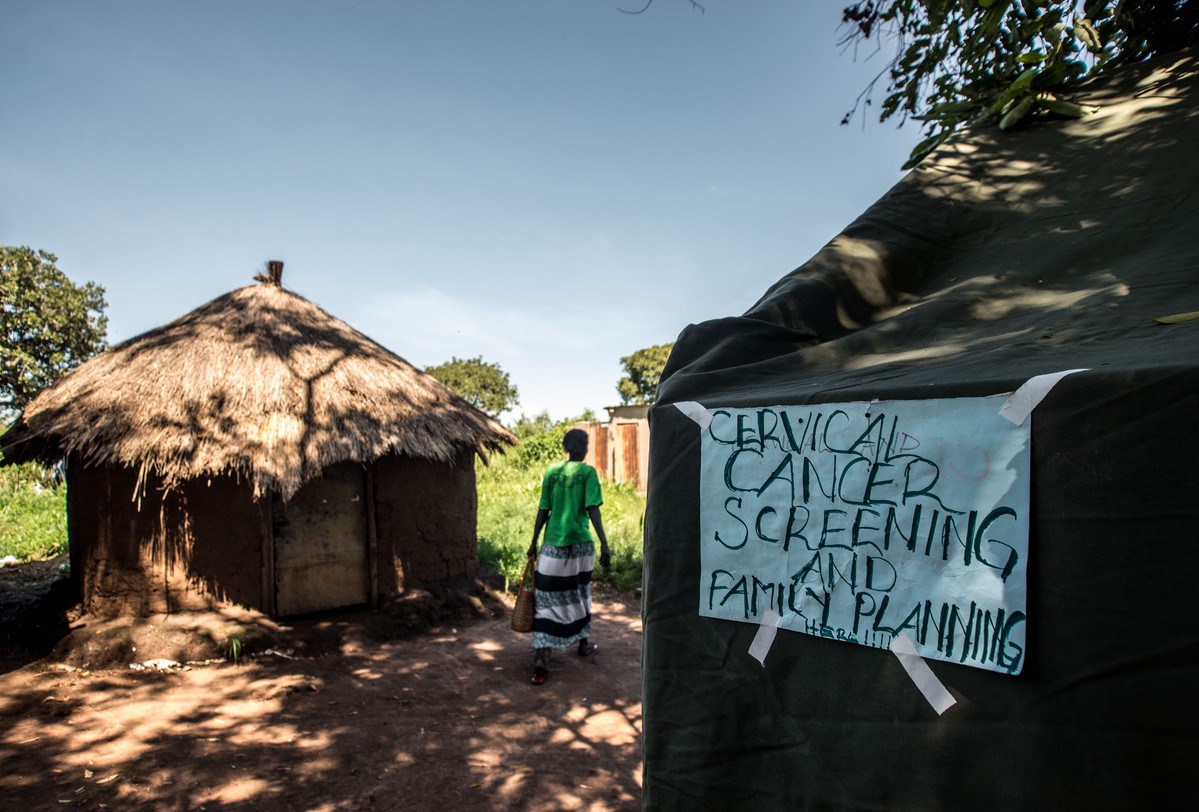
| 09 November 2016
RHU's mobile clinic brings weekly services to the remote village of Atega.
RHU has a network of clinics across the country and takes its services out to remote and rural areas through its mobile clinics. No one is left out by RHU. Whether people are poor or vulnerable or hard to reach, RHU makes sure they have access to all of the services they need. Read more
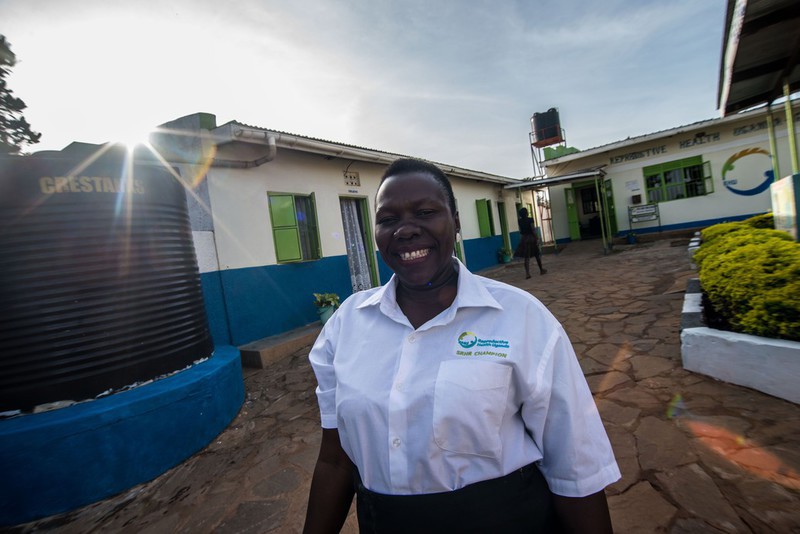
| 09 November 2016
Our team in Gulu, Uganda
RHU's Gulu clinic offers a ‘one-stop-shop’ approach which makes it easier for clients to get a range of integrated services. They can go to a clinic for a check-up but end up getting a whole range of other tests and treatments.
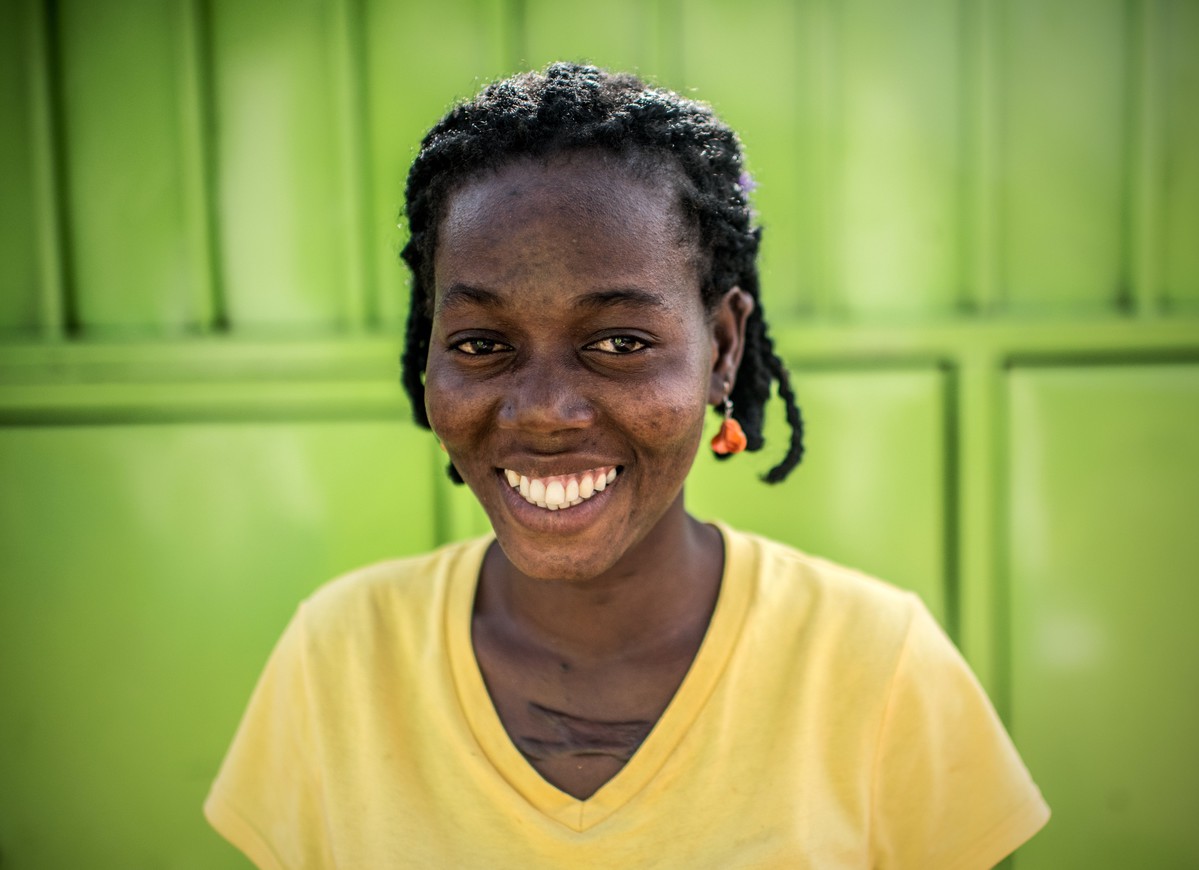
| 07 November 2016
Reaching the underserved in Uganda
Monica is a 25 year old mother of two. She grew up alone and dropped out of school, and she is now a sex worker in Gulu, Uganda. She started accessing the integrated services for services like family planning, Hepatitis B testing and counselling. "I like coming here, because of all the services and it's free of charge. They’re so caring, they handles us in a good way, they know how to talk to us. I’m so happy about the way I was welcomed here." Read more
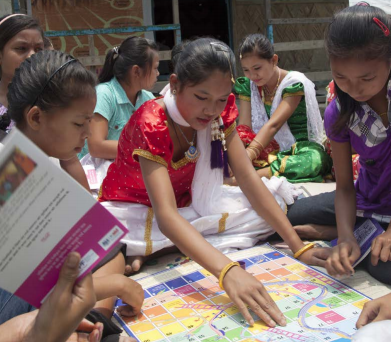
| 04 November 2016
Sustainable Development Goals and Family Planning 2020
Family planning is one aspect of the targets around universal access to sexual and reproductive health found in the SDGs (3.7 and 5.6). If your country is a FP2020 focus country or commitment maker, you can leverage the SDGs as a way of increasing the political priority of family planning, as well as ensuring the two SDG targets are being fulfilled. You can also use the Costed Implementation Plans (CIPs) – multi-year roadmaps designed to help governments achieve family planning goals – to strengthen your advocacy for the implementation of both the SDG and FP2020 commitments.
| 02 November 2016
Addressing the Contraceptive Funding Crisis
The world is facing a contraceptive funding crisis. Sufficient investment in contraception is not being prioritized at the global, national and subnational level. National and subnational governments need to prioritise family planning by allocating dedicated funds for contraceptive commodities. This discussion paper highlights contraceptive commodity security concerns in FP2020 countries in East Africa that will likely experience a reduction in global funding support for contraception from 2016 to 2020.

| 11 October 2016
Changing lives in Nigeria
Nigeria has Africa’s biggest population. And it’s still growing at 3% a year. A lack of family planning is one reason – many women and girls want contraception – but like millions around the world – can’t get it. But that could be about to change, thanks to a pilot project run by Planned Parenthood Federation of Nigeria (PPFN), IPPF’s national member. It’s proving a huge success. This is its story, told by the women whose lives it has changed and the people working to change them. LAUNCH THE INTERACTIVE STORY
| 11 October 2016
Putting Sexuality back into Comprehensive Sexuality Education: tips for delivering sex-positive workshops for young people
Millions of young people around the world are not getting the kind of education they need and deserve when it comes to understand their sexuality. This document is designed to complement Putting Sexuality back into Comprehensive Sexuality Education: making the case for a rights-based, sex-positive approach, and it aims to give practical tips for putting IPPF's right-based, sex-positive approach, into practice.

| 11 October 2016
Putting Sexuality back into Comprehensive Sexuality Education: making the case for a rights-based, sex-positive approach
IPPF took initiative to develop this discussion paper after advocates and programmes identified a pattern whereby sexuality was becoming marginalised within, or entirely excluded from, CSE programmes and advocacy efforts. We believe that sexuality education programmes are worth investment and implementation because they empower, build self-esteem, competence and confidence and lead to better health and well-being for the individual young people they reach. This publication is complemented by Putting Sexuality back into Comprehensive Sexuality Education: tips for delivering sex-positive workshops for young people.
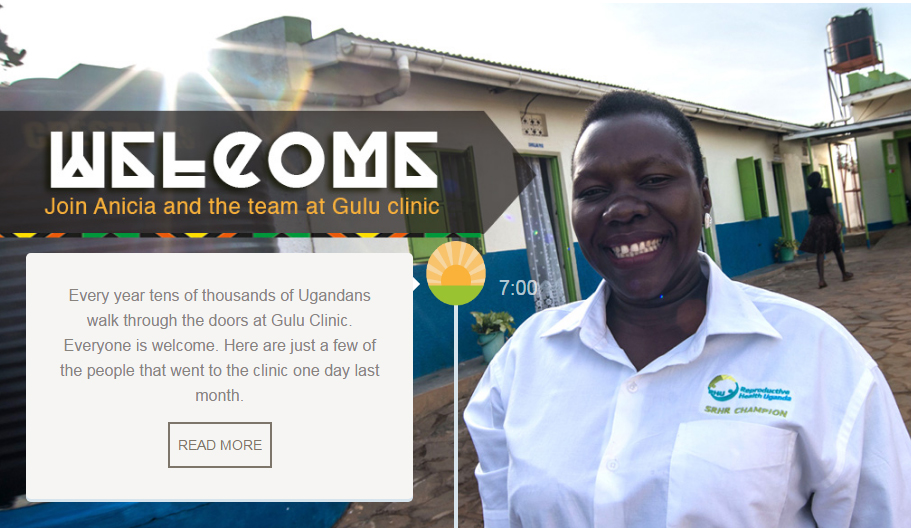
| 01 October 2016
Gulu clinic: A one stop shop of services in rural Uganda
Uganda has one of the highest fertility rates in the world, and as a result, it also has one of the most youthful populations - more than half of Ugandans are under the age of 15. Approximately, 755,000 unintended pregnancies occur annually out of which 297,000 result in unsafe abortions. We are working hard on the ground to tackle these issues. Our Member takes the approach of offering people as many services as possible to get all health needs met in the same place. See a day in the life of the staff and clients of Gulu clinic, Uganda.
Pagination
- First page
- Previous page
- …
- 23
- 24
- 25
- 26
- 27
- …
- Next page
- Last page







